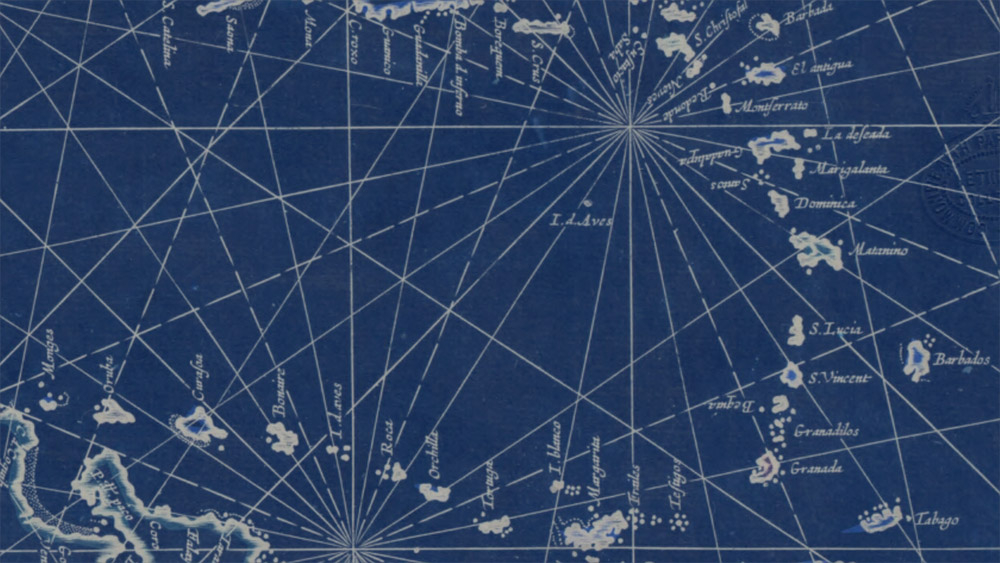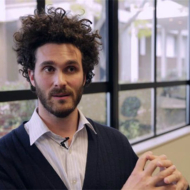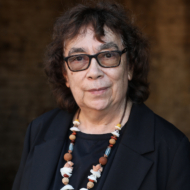The Australian Association for Caribbean Studies 2019 Conference
7-9 February 2019
Female Orphan School, Parramatta South Campus
Western Sydney University
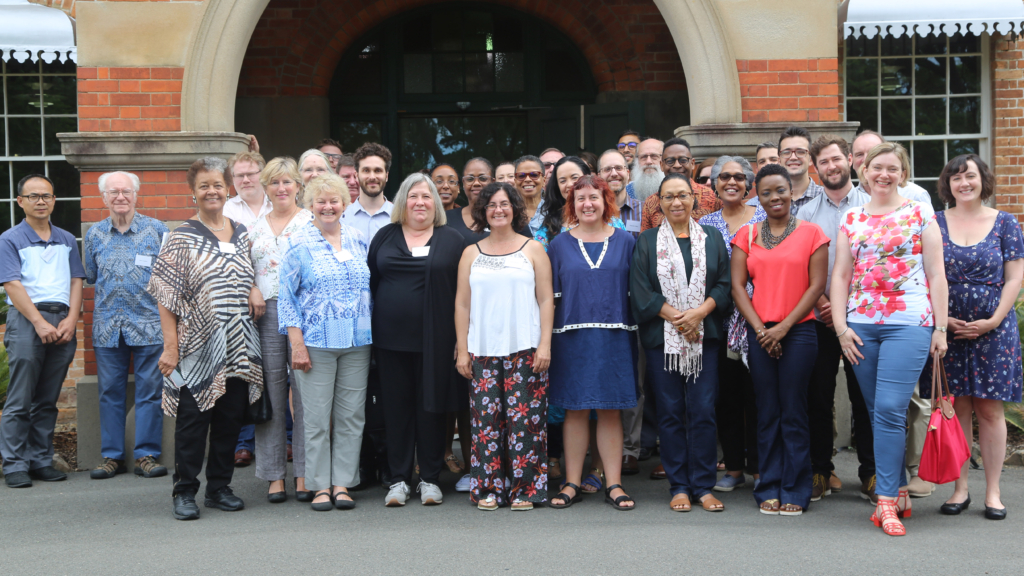
The idea for the conference began with a conversation between Alexis Wright and Ben Etherington about the influence that work of the Martinican writer Patrick Chamoiseau had on her when she was writing Carpentaria (2006). His example helped her to develop an approach to narration that could capture the voice and imagination of the peoples of the Gulf region. Accordingly, the conference set out to explore similar resonances between the Caribbean and other places. The term ‘meridian’ was adopted to prompt presenters to think about the real and imagined lines of connection between distant and disparate places. This seemed particularly appropriate for thinking about the links between Australia and the Caribbean; regions that have quite separate positions within global social and environmental systems.
Presenters were encouraged to think about the modes of connection between the Caribbean and places across the world. These encompass the Atlantic world which has been at the centre of transnational scholarship on the Caribbean, but they also extend across the Western hemisphere and the Pacific to Asia, Oceania, and beyond. Presenters looked for unusual, perhaps unexpected lines of connection or relation such as those that have moved from the Caribbean south to Australia (‘meridian’ once meant ‘south’), as well as ‘South-South’ relations where ‘South’ refers to the ‘Global South’. The idea of the meridian also reflects back on the Caribbean, which is criss-crossed with intra-regional connections that can escape scholarly notice. How do Caribbean perspectives inflect and alter conceptions of time, space, and/or world? How have the peoples of the Caribbean imagined the world and the kinds of connections and affiliations that bind it? Are there specifically Caribbean meridians?
Download the AACS 2019 Program
Download the AACS 2019 Call For Papers – Caribbean Meridians
Download the AACS 2019 annual newsletter
KEYNOTE PRESENTATIONS
Keynote 1: Anna Cristina Pertierra, ‘Tracing the Transpacific: Media and Digital Cultures, from Caribbean to Asia’
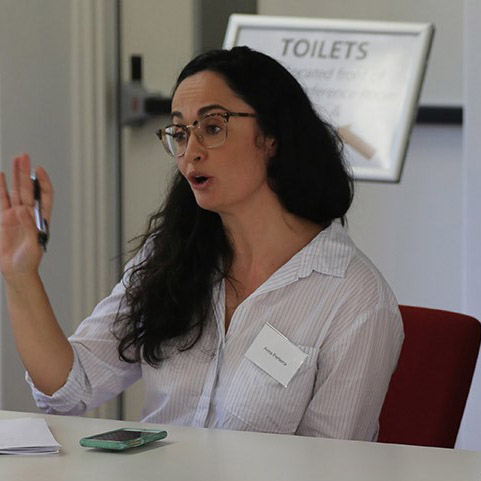
Anna Cristina Pertierra’s opening keynote discussed the ways in which her research in Cuba and Trinidad on transatlantic digital cultures has shaped her approach to the understudied phenomenon of transpacific trade and consumer cultures. It was through her work in the Caribbean that Pertierra discovered that it is not only possible to study big global forces in small islands, but that such forces cannot be properly studied without understanding the role of small islands in the world-system. For instance, they often been at the forefront of the production of new commodities and, thus, at the vanguard of emergent consumer cultures.
Keynote 2: Raphael Dalleo, ‘Haiti, Harlem, Hamburg: Anticolonialism’s Rhizomatic Roots’
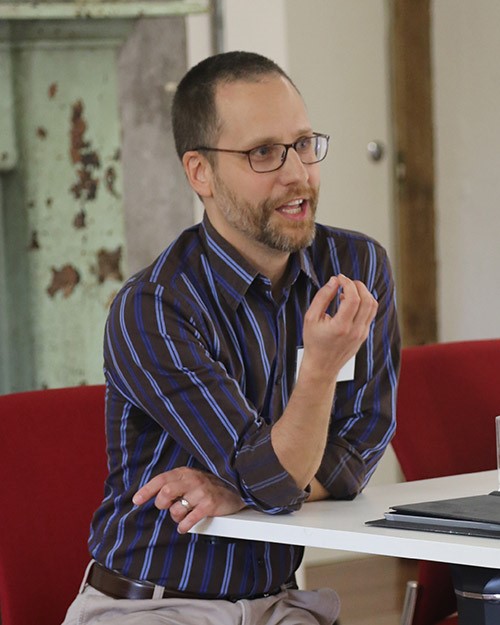
Raphael Dalleo began his address by pointing to the strong tradition in the Caribbean of debating models for relational thinking. He connected the notion of meridians to the ideas of Édouard Glissant, calling for ‘rhizomatic’ approaches to transnational histories of Caribbean rather than one rooted in the movement between the Caribbean and former imperial metropoles. Accordingly, Dalleo’s focus was on the US occupation of Haiti in the 1920s, and the way in which responses to it deeply shaped influential political and creative networks of anti-colonialism in diverse places, from Harlem to Moscow, Germany, France, and London, then returning back to the Caribbean.
Keynote 3: ‘Warriors of the Imaginary: Alexis Wright on Caribbean Writing and World Making’
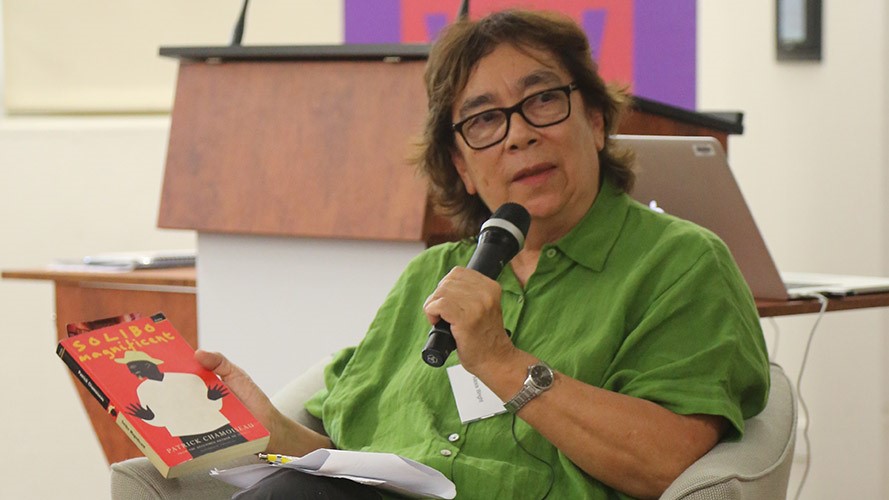
The keynote conversation between Alexis Wright and Ben Etherington began by considering the formative influence that Patrick Chamoiseau’s work has had on Wright’s writing (the session takes its title from Chamoiseau’s resonant phrase ‘Guerrier de L’Imaginaire’/‘Warrior of the Imaginary’. From there it developed into a discussion of the ways in which Wright has looked to writers from diverse places to create her highly localised literary worlds. She talked about world-making as a form of cultural renewal in the aftermath of colonialism, in particular. They then turned to consider whether localised world-making through storytelling is meaningfully considered within the terms of ‘world literature’.
Keynote 4: Michael Bucknor: ‘Diasporic Intimacies: Caribbean Meridians and Literary Histories’
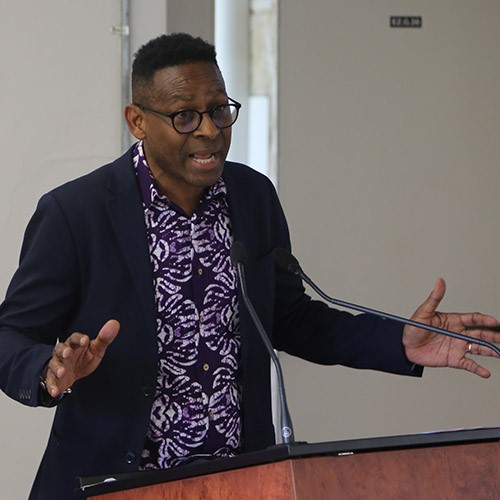
Michael Bucknor’s closing keynote took the idea of meridians as a frame that allows us to look for gaps in established accounts of Caribbean literary transnationalism, especially those associated with British-based writers. His focus was on post-war Canadian Caribbean diasporic writers, and the remarkably similar ways in which they created a space within the Canadian literary field to their London-based contemporaries, especially through a conjunction of print and broadcast initiatives. These local manoeuvres were buttressed by the circulation of correspondence among writers across the post-war Caribbean diaspora, which were part of forging a network of intimacy.
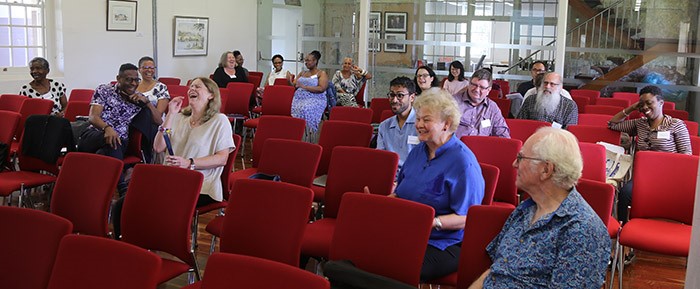
The conference’s 17 panel sessions involved 50 speakers and covered a spectrum of approaches to Caribbean meridians. They included a number of papers that looked to unexpected connections between the Caribbean and Australia, from the earliest convict narratives (Elizabeth McMahon) to contemporary efforts to reimagine the connection between slave and convict histories (Sienna Brown). There were also panels on Asian-Caribbean meridians and Transatlantic Meridians.
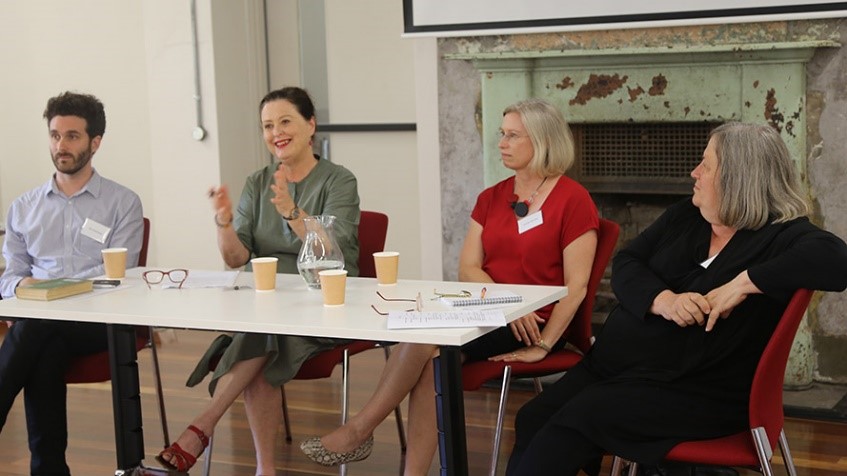
Models of social and creative relationality were a constant feature of the discussions. These included meditations on the work of Édouard Glissant (Michael Griffiths and Dashiell Moore), rethinking the nature of Caribbean intertextuality in an era of postcolonial canons (Emily Taylor), and working through modes of relationality centred on the ocean and environment (Andrea Davis, Antonia MacDonald, Sue Thomas, Anne Collett). Further details of the papers can be found in the program, which includes a full list of abstracts.
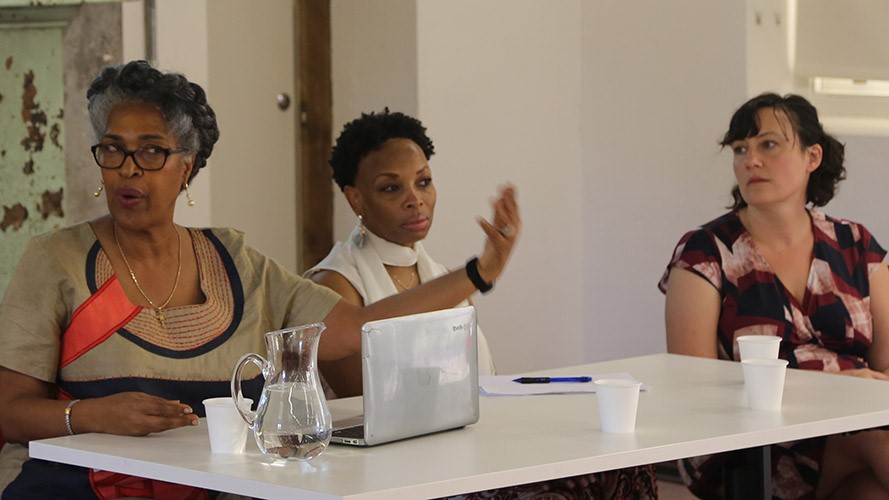
The Caribbean Meridians Conference was a part of the project’s Dialogues theme. Click here for other Dialogues theme events.

